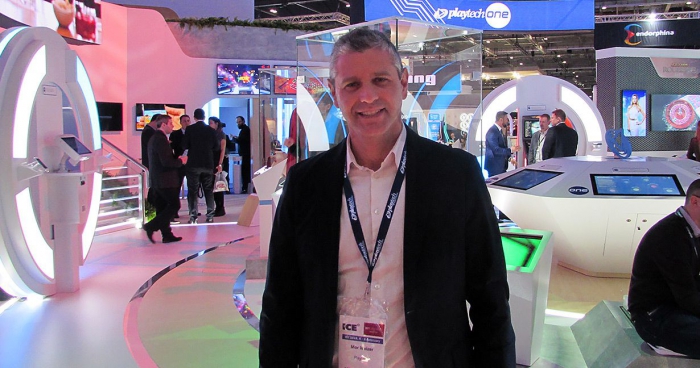P
laytech saw a €73 million (USD 87.28 M) loss last year compared to a €55.9 million profit in the previous year, as coronavirus lockdowns shuttered casinos across Europe.
Revenue dropped by 25% to just over €1 billion (USD 1.28 B). The figures were driven by a 40% decline in earnings from the firm’s B2B gambling division as the pandemic prompted retail closures. Playtech also booked lower income from its consumer gambling division due to retail closures and the cancellation of sports fixtures.
This was partially offset by cost control and a 58% rise in online revenue compared to the previous year.
Playtech booked higher costs last year due to its “aggressive” investment plans as it looks to capitalise on growth in the US and Latin America.
“The attitude and skill of our people, and the strength and diversification of our technology-led business model has enabled us to deliver a robust financial performance in spite of the challenging backdrop,” Playtech CEO Mor Weizer said in a statement. “Playtech also made significant strategic and operational progress by adding new brands, expanding existing relationships and entering new markets. We are particularly pleased with the excellent progress we have made in the US market, launching with bet365 and Entain in 2020, and signing milestone agreements with the Greenwood companies in 2021 to license our products in Michigan, Indiana, New Jersey and Pennsylvania.”
“Snaitech has continued to excel in Italy despite the retail closures in 2020. Snai achieved the number one market share position in Italy across online and retail sports betting and grew its overall online revenue by 58% in 2020. Italy continues to offer significant growth potential, and Snaitech is ideally positioned to capitalise on this opportunity,” Weizer added.
Furthermore, the company reported a “good start to 2021 in January and February in context of ongoing lockdowns in certain markets.” It expects B2B and B2C online businesses to continue to perform strongly. Lockdowns are expected to remain in major markets into Q2, therefore it is “cautious about retail recovery.” The firm also noted increasing investment in US to capitalise on momentum from Parx and Novomatic deals.



